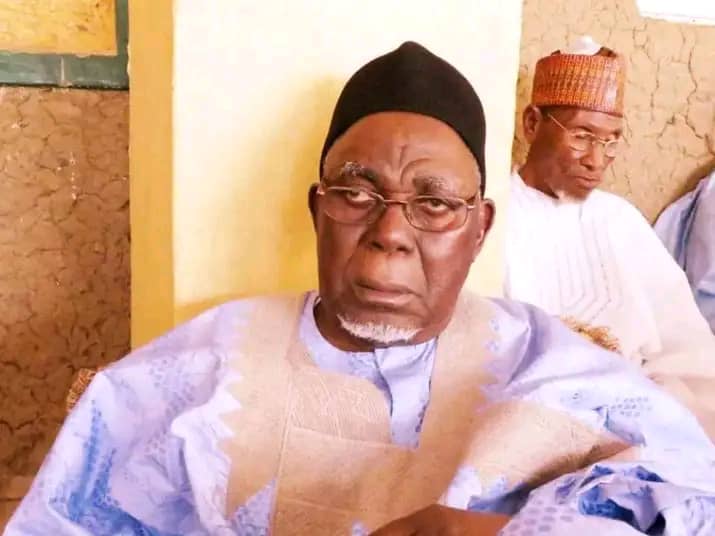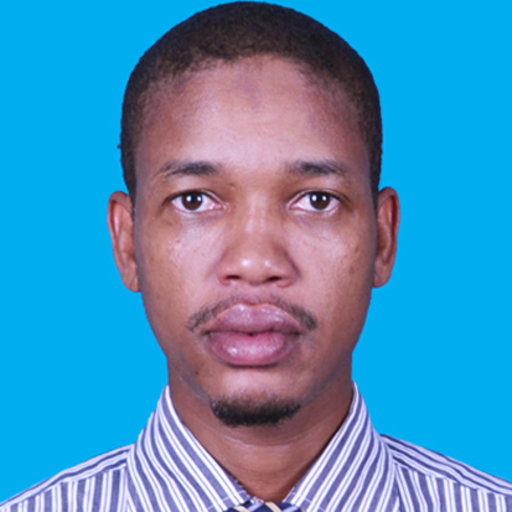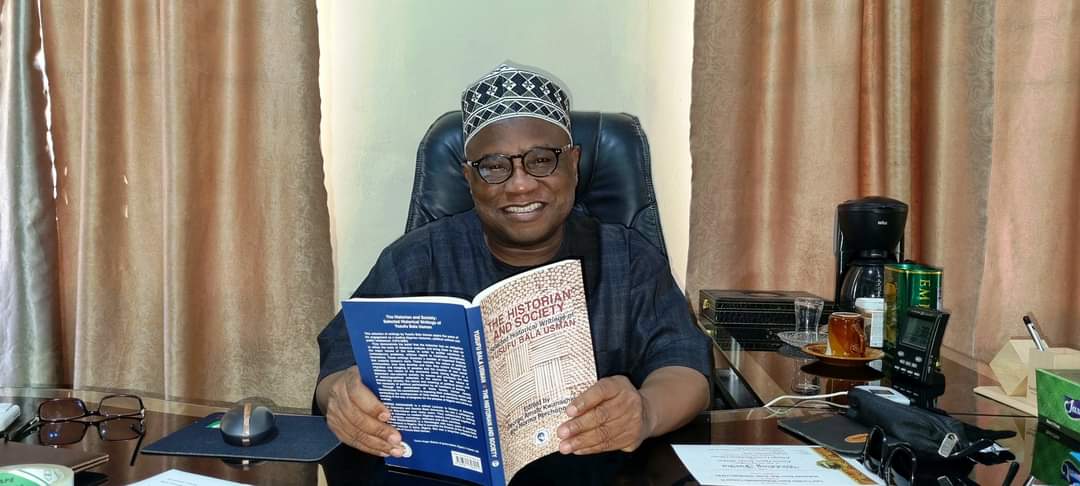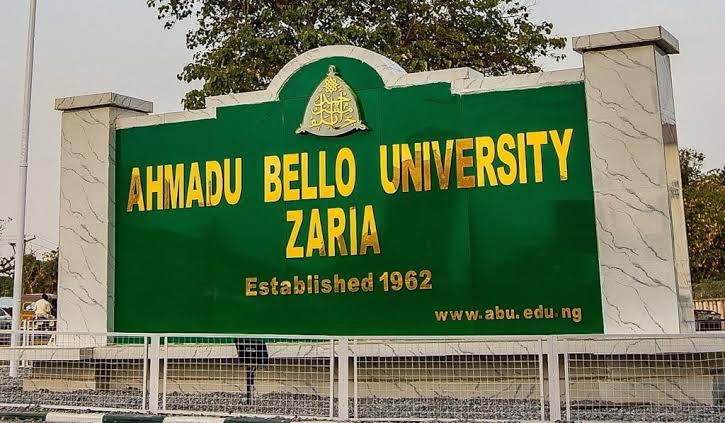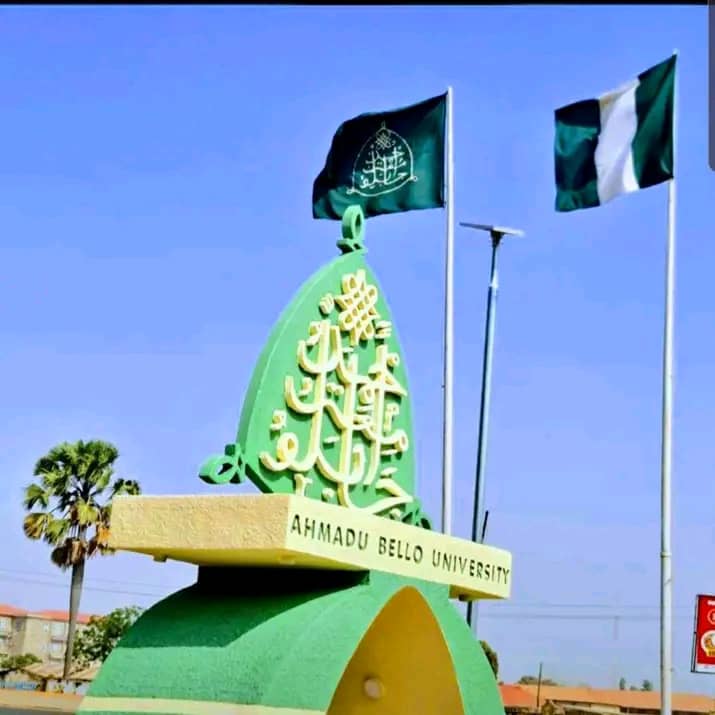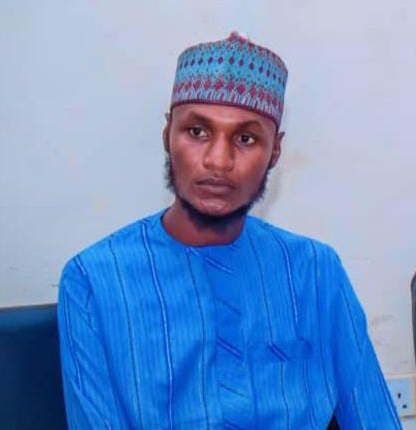“Mine is bigger than yours”, professorial count, that is!
By Prof. Abdalla Uba Adamu The recent Facebook ribbing about the number of professors from states and localities in various northern cities with universities reminds me of the male adolescent…


